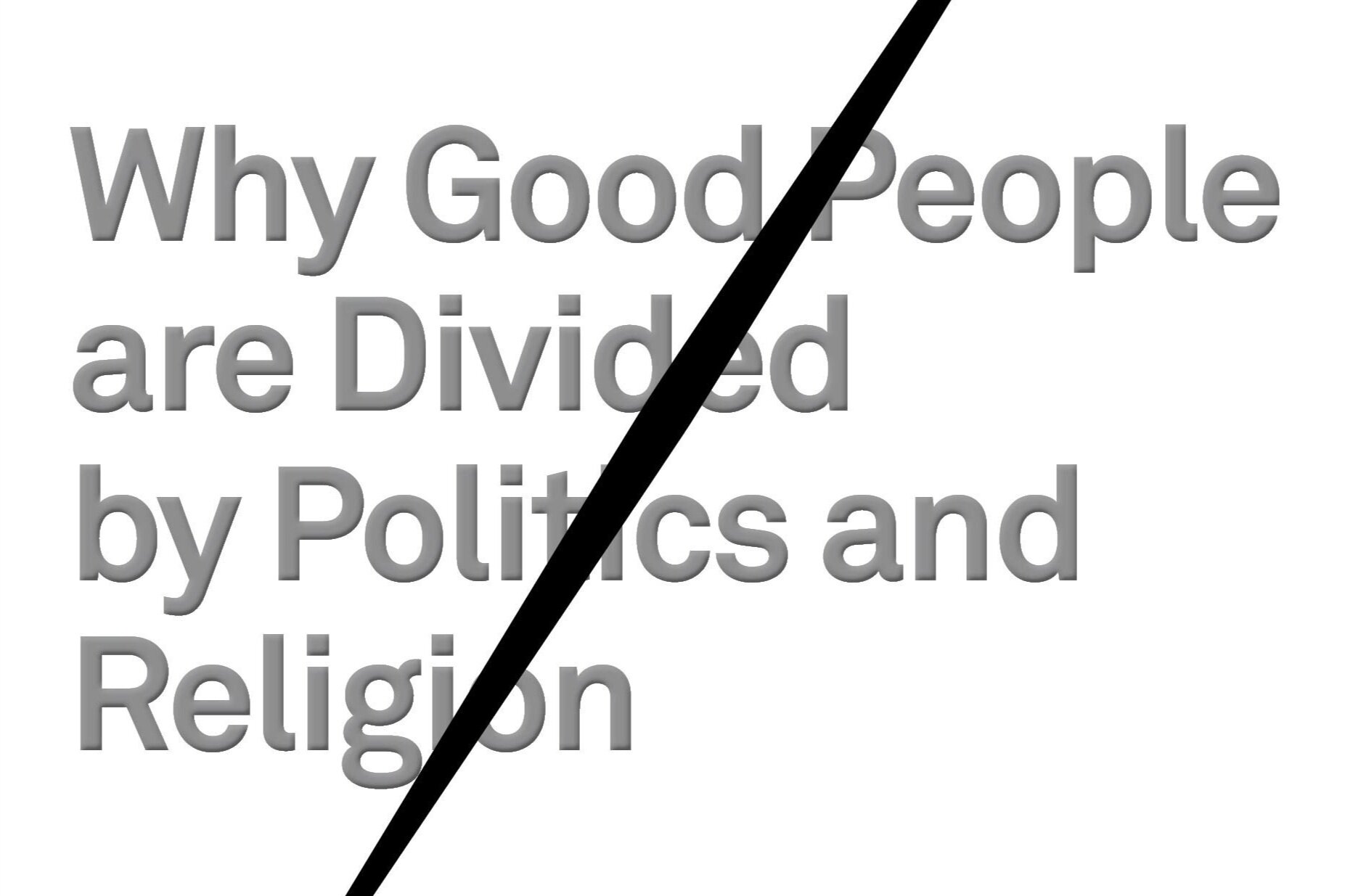“The Righteous Mind” by Jonathan Haidt
The Righteous Mind: Why Good People Are Divided by Politics and Religion
By Jonathan Haidt
2012
448 pages / 11 hours and 1 minute
Nonfiction
—
If I were to make a short list of the nonfiction, nonreligious books that have had the most influence on me over the last five years, The Righteous Mind would be on that list. Jonathan Haidt is a professor of psychology at the University of Virginia. In 2018 he co-authored The Coddling of the American Mind, arguing that the political left has become a serious threat to academic freedom in our universities by attempting to keep students “safe” by not talking about anything that they find upsetting or, to use the current word, triggering. He uses the old line that the task is to prepare the student for the road, not to smooth the road for the student. While there is a point to be made here, the earlier book is much better and even more challenging in its assertions.
The straightforward question that Haidt attempts to address in The Righteous Mind is why Republican moral arguments have more appeal than those made by Democrats. He attempts to answer this question through evolutionary psychology. But frankly, this is not the most important or interesting part of the book.
Haidt takes a side on the great philosophical debate between Plato/Aristotle and David Hume, and he comes down hard on Hume’s side. The simplest way to articulate this argument is whether reason leads us into our moral positions or we intuitively have moral positions that we then create reasons to support. In Hume’s world (and Haidt’s) reason is like a rider on an elephant. If you have had any experience with elephants or read anything at all you will quickly see that the rider has very little control over what the elephant does. For the most part she is along for the ride. We may think we hold our moral decisions based on reasons, but more than likely the position came first and the reasons later.
Among the most fascinating aspects of the book are the many studies that have been done to test the grounding of people’s morals. For instance, if a person takes a moral position and supplies you with reasons why they hold that position, and if you can show them that their reasons do not support their conclusions, they would generally not change their position but would simply go look for other reasons. I won’t spoil the joy of discovery by giving particular examples of these studies, but they are brilliant and disconcerting.
Among other things, this means that students in my ethics classes are unlikely to change their positions on an issue but instead just become better at arguing for the stances that they brought into the room.
For ministers and church leaders, you must wrestle with the argument in this book. For if it is correct, it doesn't matter how much time you spend giving congregants good reasons to change their view on a particular moral or doctrinal stance. Because it is unlikely that their position (or yours) was based on reason to begin with.
If this all sounds like bad news, this probably has more to do with my reading than the actual book. There are things that we can do. But we are merely riders, and the elephant will have its say.








